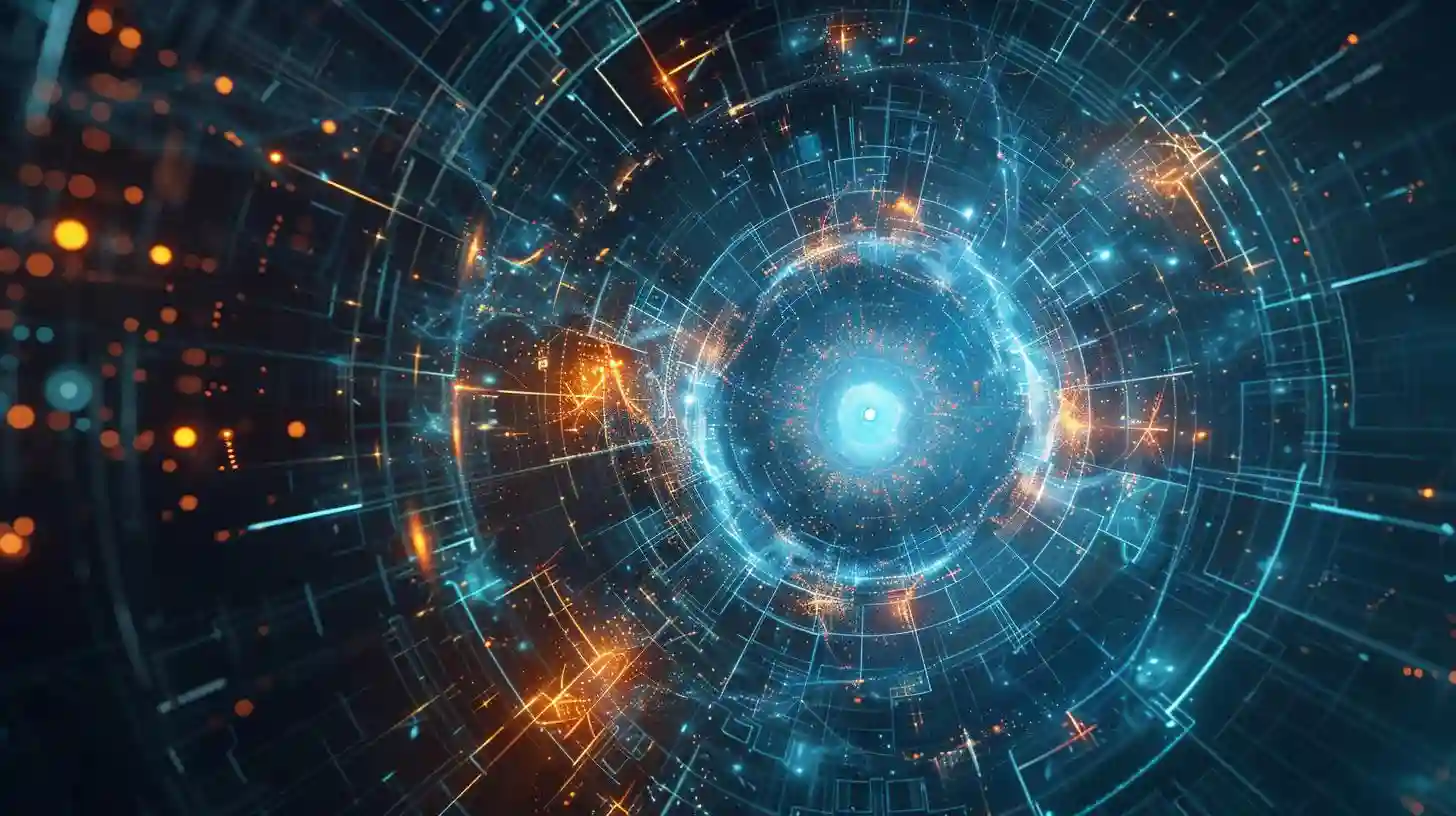
Интеллектуальные системы становятся все более важными элементами нашей жизни. Они применяются в различных областях: от медицины и образования до промышленности и транспорта. Эти системы призваны улучшить процесс принятия решений, повысить эффективность работы и внести новшества в привычные нам технологии. На фоне стремительного развития технологий и увеличения объема данных, с которыми нам приходится работать, создание и использование интеллектуальных систем становятся необходимостью.
Одной из ключевых характеристик интеллектуальных систем является способность обрабатывать и анализировать огромные объемы информации. Данные могут поступать из различных источников: социальных сетей, датчиков, мобильных приложений и других устройств. Применение алгоритмов машинного обучения позволяет интеллектуальным системам выявлять закономерности в этих данных, тем самым улучшая качество прогнозов и рекомендаций.
Интеллектуальные системы способны адаптироваться к условиям и изменяющимся вводным данным. Например, в области медицины такие системы могут помогать врачам в диагностике заболеваний. С помощью анализа медицинских записей, результатов анализов и других исходных данных, система может предложить наиболее вероятные диагнозы. Это позволяет ускорить процесс диагностики и повысить вероятность точного результата. Кроме того, интеллектуальные системы могут использоваться для прогнозирования распространения заболеваний и оценки эффективности различных методов лечения.
В образовании интеллектуальные системы также могут сыграть важную роль. Они позволяют создать персонализированные подходы к обучению, адаптируясь под уровень знаний и стили учащихся. Например, обучающие платформы с использованием искусственного интеллекта могут предлагать индивидуальные тренировочные задания на основе анализа успеваемости студента. Это не только повышает эффективность обучения, но и делает процесс более увлекательным и интересным для учащихся.
Промышленность и производство также получают выгоду от внедрения интеллектуальных систем. Автоматизация процессов, оптимизация производства и предиктивное обслуживание становятся реальностью благодаря им. Интеллектуальные системы могут отслеживать производственные процессы в реальном времени, выявляя узкие места и неэффективности. Это позволяет значительно снизить затраты и улучшить качество продукции. Кроме того, такие системы могут предсказывать возможные поломки оборудования, позволяя заранее выполнять ремонтные работы и минимизировать время простоя.
Транспортная отрасль находится на пороге коренных изменений благодаря внедрению интеллектуальных систем. Одним из примеров является использование автономных транспортных средств, которые могут самостоятельно принимать решения на основе анализа дорожной обстановки и предшествующих данных. Это, в свою очередь, может значительно снизить уровень дорожно-транспортных происшествий, улучшить поток автомобилей и сократить время в пути. Интеллектуальные системы также применяются в логистике для оптимизации маршрутов доставки, что позволяет значительно сэкономить время и ресурсы.
Финансовый сектор также не оставлен в стороне. Интеллектуальные системы анализируют рыночные данные, создают алгоритмы для автоматизации торговли и ведут борьбу с мошенничеством. С помощью анализа транзакций в реальном времени можно выявить подозрительные операции и предотвратить финансовые потери. Таким образом, применение интеллектуальных систем помогает не только повысить прибыль, но и защитить интересы клиентов.
Одним из самых интересных аспектов интеллектуальных систем является их использование в сфере искусственного интеллекта. Благодаря таким технологиям, как обработка естественного языка и компьютерное зрение, интеллектуальные системы могут взаимодействовать с пользователями на новом уровне. Например, голосовые помощники становятся все более популярными, помогая людям выполнять повседневные задачи с помощью простых голосовых команд. Эти технологии также находим применение в области кино и игровой индустрии, где игры становятся более реалистичными благодаря улучшенной графике и искусственному интеллекту, реагирующему на действия игрока.
Несмотря на множество преимуществ, внедрение интеллектуальных систем также связано с рядом вызовов. Один из главных аспектов – это безопасность данных. С увеличением объема обрабатываемой информации возрастает и риск утечек конфиденциальных данных. Поэтому разработчики и компании должны уделять серьезное внимание вопросам защиты информации и соблюдения этических норм. Прозрачность алгоритмов и возможность их объяснения также играют важную роль в повышении доверия пользователей к интеллектуальным системам.
Ещё одной важной темой является влияние интеллектуальных систем на рынок труда. С одной стороны, автоматизация многих процессов может привести к сокращению рабочих мест в определенных сферах. С другой стороны, возникает потребность в квалифицированных специалистах, способных разрабатывать, управлять и обслуживать такие системы. Образовательные учреждения уже начинают адаптировать свои программы под новые требования рынка, предлагая специальные курсы и специальности, направленные на подготовку кадров для работы в области ИТ и управления данными.
Разработка интеллектуальных систем требует значительных инвестиций в исследования и разработки. Компании должны не только финансировать создание новых технологий, но и обеспечить их дальнейшую поддержку и развитие. Это включает работу с данными, их анализ и тестирование моделей. Коллаборация между государственными учреждениями, научными организациями и частным сектором может стать ключевым фактором в успешной интеграции интеллектуальных систем в нашу повседневную жизнь.
Таким образом, интеллектуальные системы продолжают развиваться и трансформировать различные сферы деятельности. Их применение открывает новые горизонты для улучшения качества жизни и повышения эффективности работы в разных областях. Тем не менее, каждая новая технология влечет за собой новые вызовы, которые необходимо решать с пониманием и ответственностью. Совместное усилие всех заинтересованных сторон может помочь создать безопасное и прогрессивное будущее, где интеллектуальные системы станут неотъемлемой частью нашей жизни, способствуя развитию и прогрессу общества в целом.